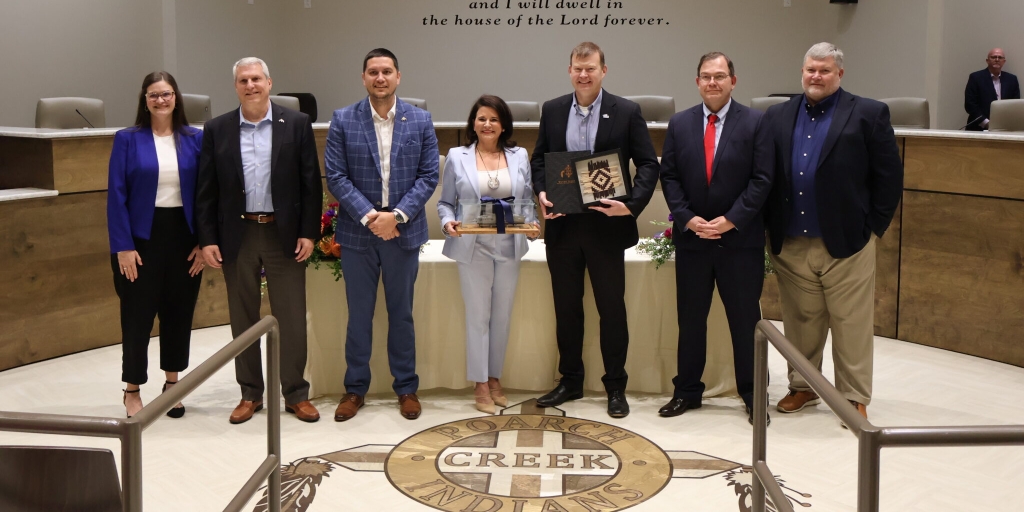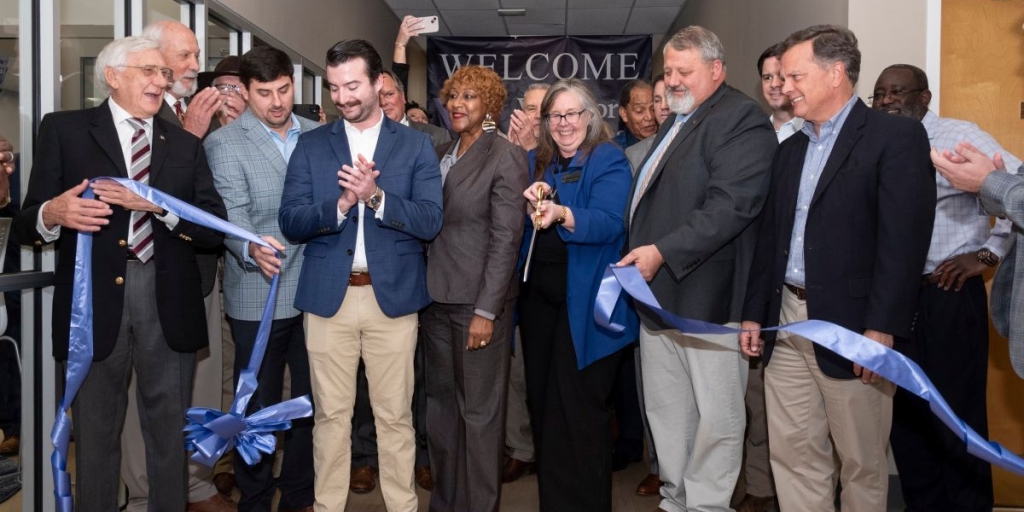Alabama’s forestry industry is a vital economic engine, particularly for the state’s rural areas. By generating billions in economic activity, creating thousands of jobs and promoting sustainable practices, the industry not only supports local economies but also positions Alabama as a leader in forestry and natural resource management on a national and global scale.
The forestry industry’s scope is massive in Alabama, with its total annual economic impact calculated at $36 billion. The state is home to over 110 manufacturing facilities including sawmills, paper mills and other production sites, supporting more than 40,000 jobs directly in the sector.
The industry’s average annual investment in Alabama has been pegged at $840 million, with $300 million in new investment in the state’s rural regions announced during 2023 alone.
“Alabama’s forestry industry is a lifeline for our rural communities, providing stable jobs, generating significant economic activity, and supporting local businesses,” said Brenda Tuck, Rural Development Manager for the Alabama Department of Commerce. “With much of the industry rooted in rural regions, forestry helps sustain families, fund public services and create new opportunities for growth.
“Its impact goes beyond economics — it’s about preserving the way of life in Alabama’s small towns and ensuring a bright future for these communities,” she added.
Tuck said the forestry industry is a top employer in Alabama’s rural areas, where many timberland operations, sawmills, and paper mills provide well-paying jobs.
In addition, forestry-related activities such as logging, lumber production and paper manufacturing drive growth in rural communities by supporting secondary industries like transportation, equipment manufacturing and bioenergy production.
New developments in rural Alabama reinforce the industry’s impact:
- Last October, California-based Sierra Pacific Windows officially opened a new manufacturing campus in Phenix City, where it will create 300 jobs, with plans for more. The Alabama facility will significantly expand Sierra Pacific’s manufacturing capacity, enabling the company to meet rising demand for its premium products used in both residential and commercial projects.
- Two Rivers Lumber Co. LLC last year announced plans to invest $115 million to build a state-of-the-art sawmill in Coosa County, creating 130 jobs. The facility will be its second operation in Alabama, following the opening of its first sawmill in Marengo County in 2017 with a $65 million investment.
- Rural regions continue to attract new investments from major industry players, including Georgia Pacific, which is investing $159 million in its paperboard mill in Brewton, and Boise Cascade, which is expanding its Thornsby manufacturing facility with a $50 million investment.

Across the state, Alabama’s forestry sector emphasizes sustainable practices, with nearly 94% of its forests privately owned. Landowners work with industry groups and state programs to ensure sustainable harvesting and replanting, preserving the state’s forests for future generations while supporting economic growth.
The forestry industry is also increasingly leveraging technology for precision forestry, enhancing productivity and sustainability. Emerging markets, such as wood-based bioenergy and biochemicals, are creating new opportunities for growth, particularly in rural regions.
SmartLam, an innovator in the mass timber industry whose operations in Alabama play a major role for the company, exemplifies this trend.
SmartLam is the largest North American producer of cross-laminated timber, or CLT, with one of its two factories located in Dothan. It’s also investing $62 million at the Alabama site to build a new glulam manufacturing facility that will produce large beams and columns for the construction industry.
“With 23 million acres of timberland, sustainable practices, and a growing focus on innovation, the forestry sector not only drives economic growth but also is vital to the prosperity of the state,” said Ellen McNair, Secretary of the Alabama Department of Commerce.
“To put it simply, Alabama’s forestry industry is a cornerstone of our state’s economy, providing opportunities for landowners, manufacturers and families across the state,” she added.
This story originally appeared on the Alabama Department of Commerce’s Made in Alabama website.













